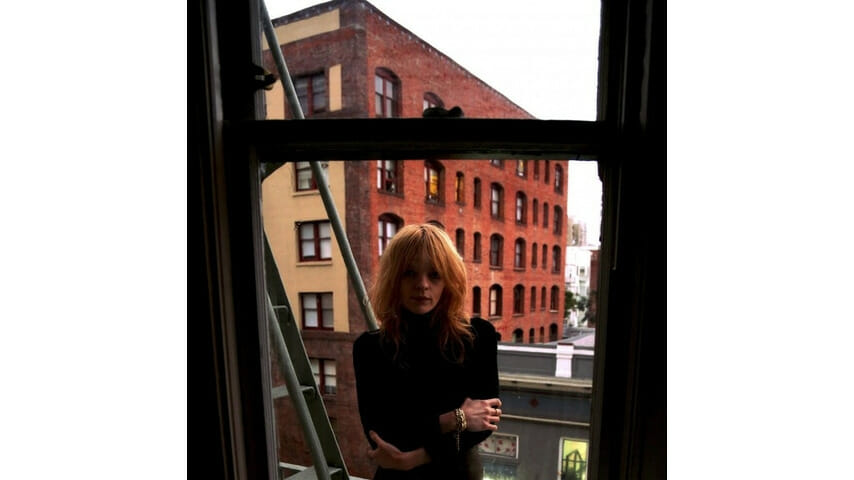Jessica Pratt: On Your Own Love Again

Erase the chatter quotient involved with the subtle, fragile presence through which an artist like Jessica Pratt channels her work. The cross-noise, the fluttering, the hiss and the pomp serve the larger picture of Pratt’s story as a terminally unknown singer/songwriter from Northern California whose notoriety came only after her initial batch of home-recorded songs were some five or six years old, and she’d played only a handful of shows. All that interference, however, ought to be ignored, if even briefly, when listening to Pratt’s second full-length record?and first for Drag City?On Your Own Love Again. At its core, this follow-up to 2012’s JP is as whimsically experimental as it is steeped and reveling in its own revivalism.
-

-

-

-

-

-

-

-

-

-

-

-

-

-

-

-

-

-

-

-

-

-

-

-

-

-

-

-

-

-

-

-

-

-

-

-

-

-

-

-








































